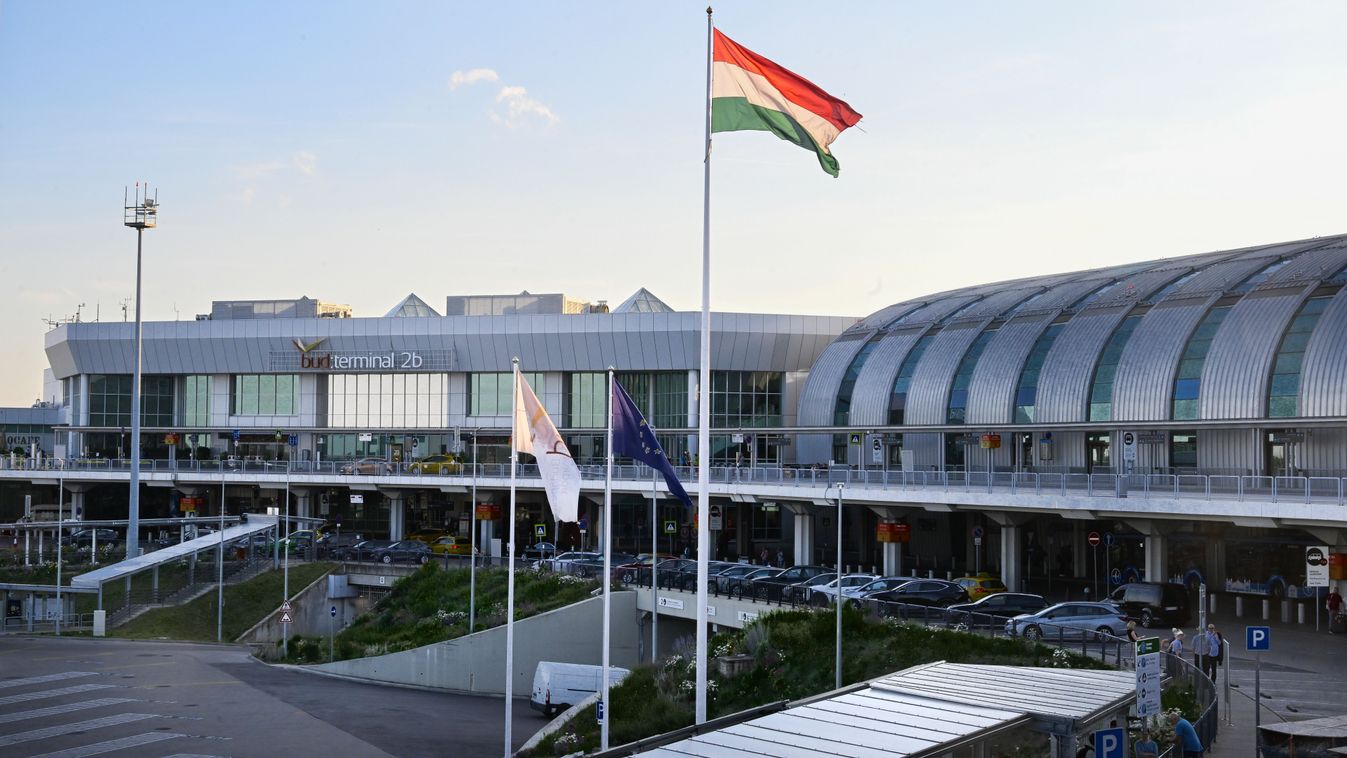Brutális drogfogás Budapesten: nagy mennyiségű heroint akart becsempészni az országba egy lengyel férfi

Kambodzsából Dél-Koreán keresztül érkezett Magyarországra.

The thousands of Hungarian volunteers and anonymous donors aren't simply acting out of generosity and solidarity; they are also sending a clear message to their government and fellow citizens.
„Even as the Hungarian government's role in this crisis oscillates between inaction and aggression, the supportive reaction of Hungary's civilian population deserves recognition, especially in a country not typically prone to public protest or demonstration. Without the work of volunteers and the bountiful donations of food, clothing, shoes and personal hygiene items, the situation at camps like Keleti would probably be unbearable. One volunteer from Szeged, who works as a researcher at the University there, recounts how the first support groups formed spontaneously last May in her city located only a few kilometers from the Serbian border. Made up of university professors and students as well as some housewives and unemployed or retired folks, the group in Szeged has received threats and attempted attacks such as the one perpetrated on June 28th by the 50 to 70 members of the ultra-right organization Betyásereg, that required police intervention. This past Monday the volunteer group prepared almost 1,000 sandwiches, just among five volunteers. (...)
The citizen movement that has emerged through these support organizations for the refugees must be acknowledged, keeping the country's internal politics in mind. The thousands of Hungarian volunteers and anonymous donors aren't simply acting out of generosity and solidarity; they are also sending a clear message to their government and fellow citizens. Thanks to their work, Hungary isn't simply defined as one of the more criticized member states of the E.U. for flat-out ignoring or actively impeding the travel of migrants, but is also now known for spontaneous solidarity and humanitarian efforts during what is considered the biggest crisis in Europe since the Second World War.”